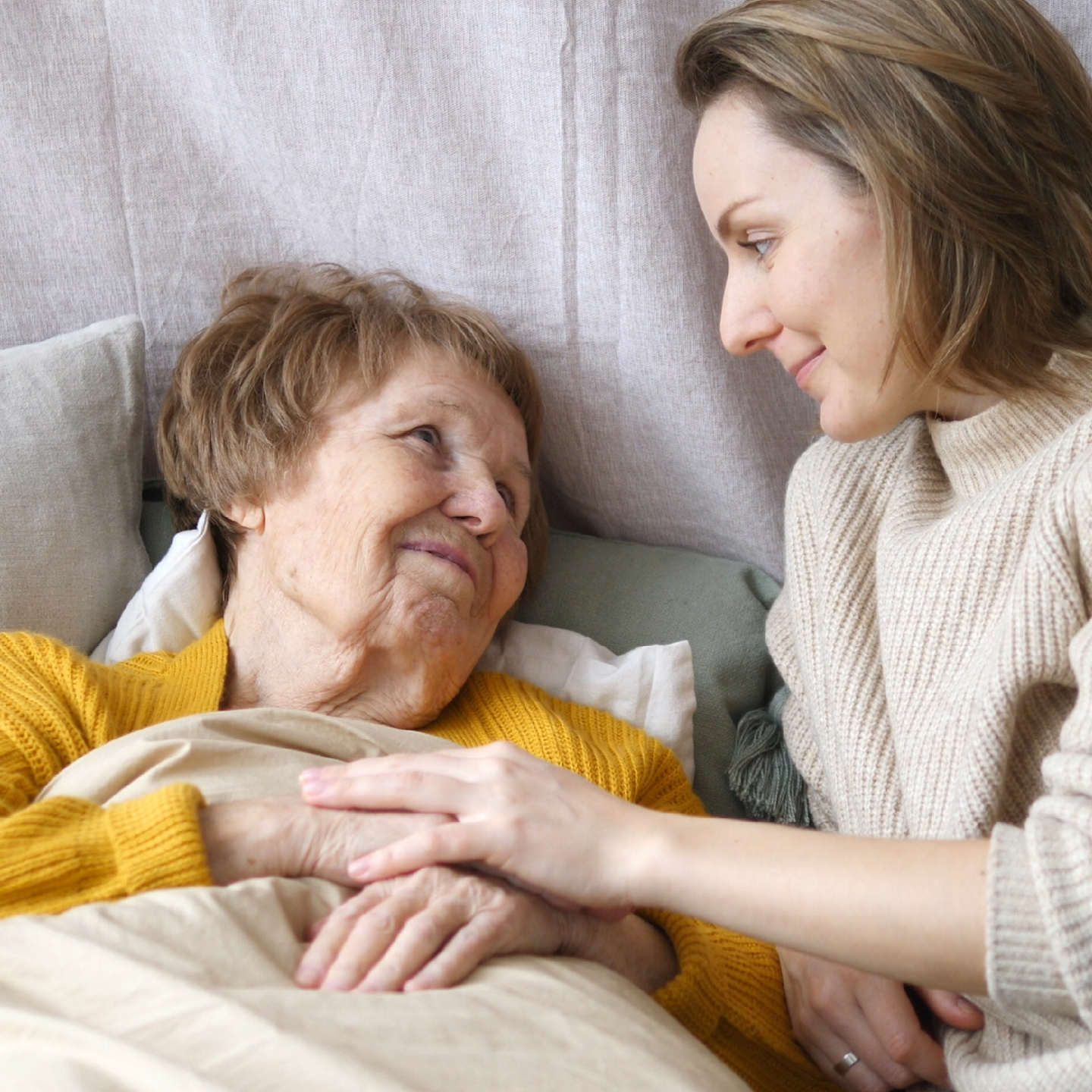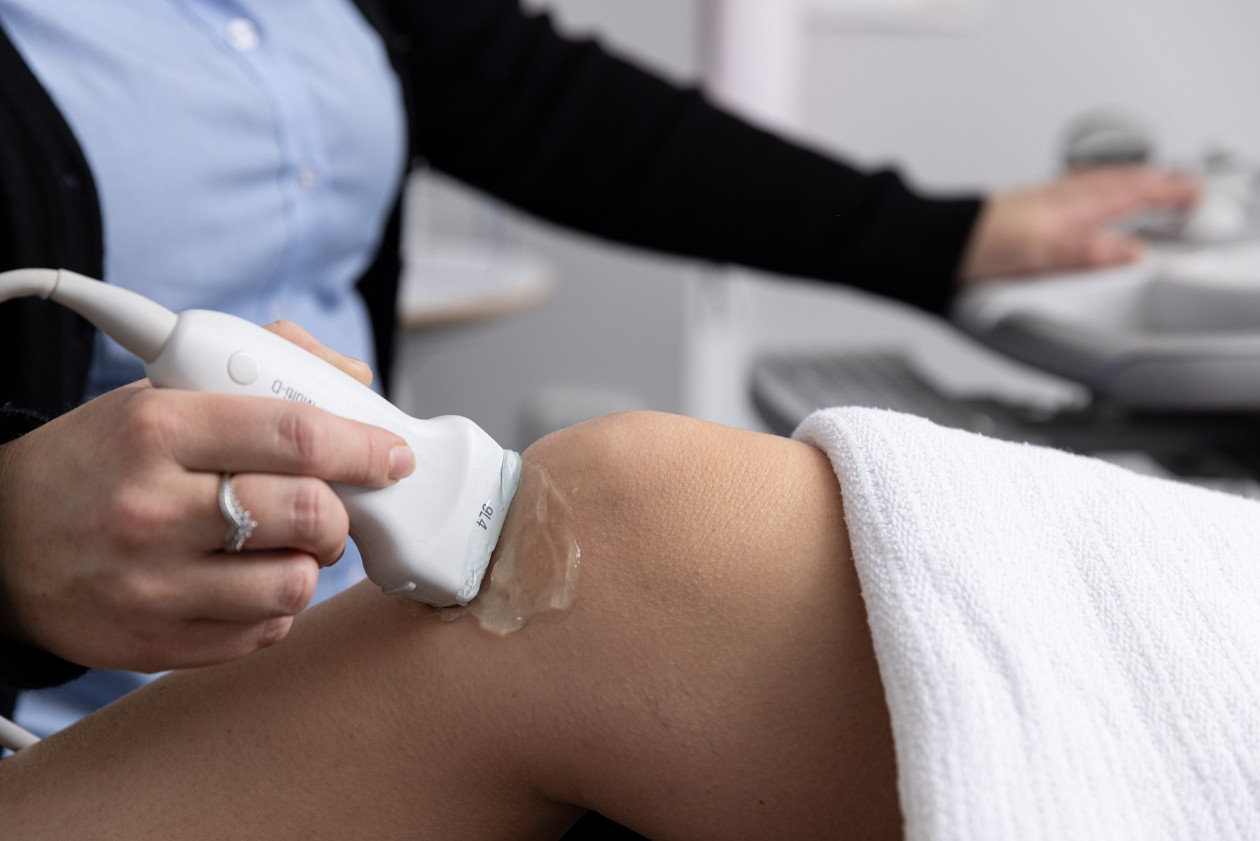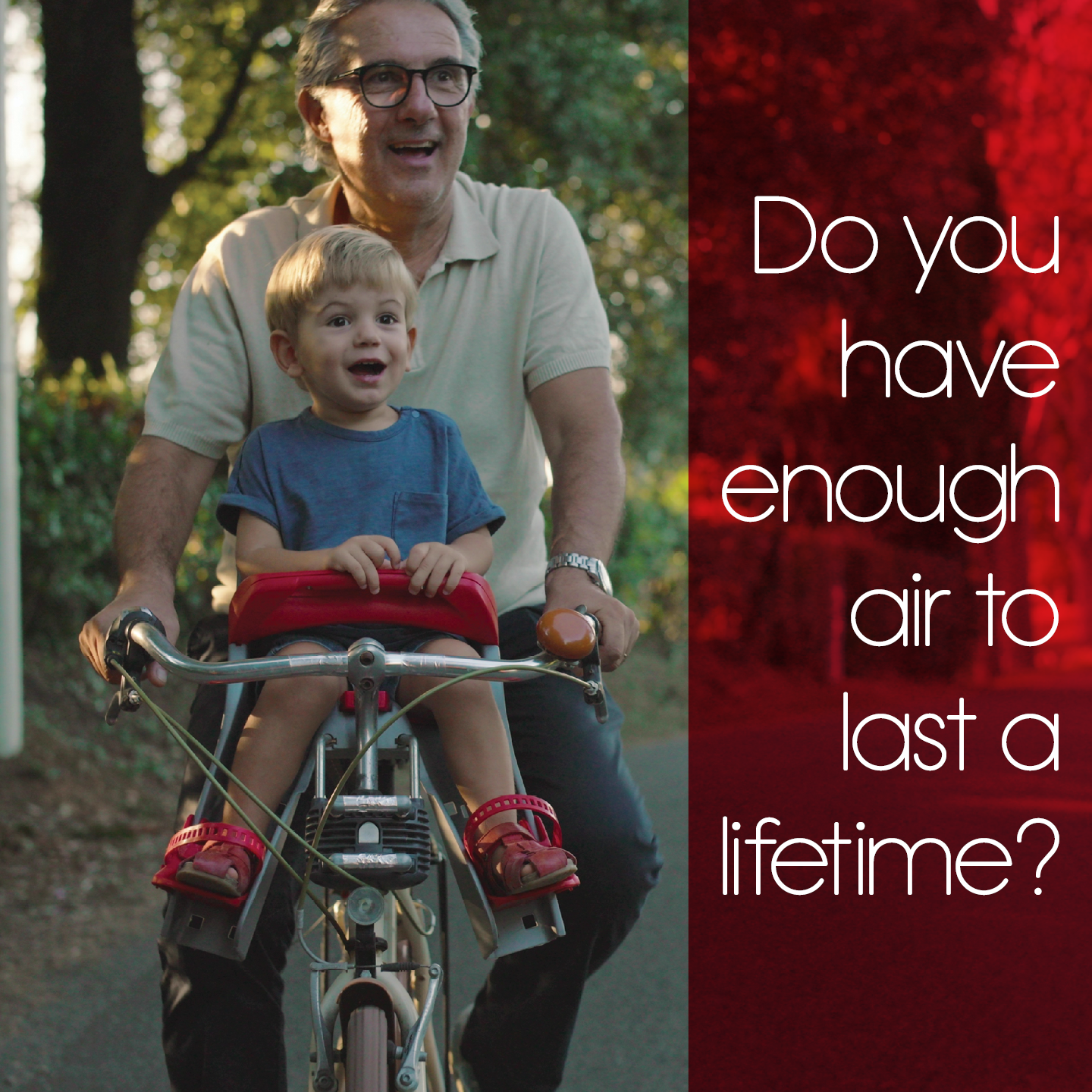
The work we do is very rewarding, as we are aiding in that patients diagnosis and helping them along their journey. That is what is most important to me.
Lauren Withoos, Central Queensland Radiology Tweet
A little over a year ago, Lauren Withoos was a university student. Now she is a radiographer, working across four sites for Central Queensland Radiology and supporting patients on their health journeys.
Throughout the first year of her radiology career, Lauren has surprised even herself in the skills she has developed. She has loved learning from the team at CQR who has supported her in navigating how to best care for her patients.
IDX is thrilled to have Lauren on the team at CQR and are excited to continue to watch her grow and develop as a radiographer!
Read on for Lauren’s story about her journey from high-school work experience to qualified Radiographer and her reflections on her graduate year with CQR.
Lauren: My name is Lauren Withoos, and I am a Radiographer working with CQ Radiology in Rockhampton. I work across the four CQ sites, but I predominantly work at the Rockhampton Base Hospital. I aid in the diagnosis of patients by capturing and providing diagnostic images such as x-rays or CTs for the reporting Radiologist.
Lauren: I felt that I was a caring person in nature and had always wanted to do a degree in a health field, and I enjoyed science and anatomy in particular. I completed radiology work experience as a high-school student and loved the aspect of gaining a rapport with the patient and obtaining images to help aid in their diagnosis. X-ray and CT were really fascinating to me, and I couldn’t see myself doing anything else.
Lauren: I was lucky enough to undergo a lot of my university placements with CQR, both in Rockhampton and Gladstone. Being able to have the experience as a student of knowing the patient registering system and the outlay of the public and private systems made the transition easier to become a qualified radiographer with CQR. I have very approachable colleagues and managers that have helped me in my graduate year and who have given me valuable knowledge and skills that I will forever implement. IQ has given me support where I’ve needed it most.
Lauren: By being able to transition into my graduate year seamlessly, I was able to build and grow my confidence quite quickly. I was soon completing my CT training and participating in on call, weekends, afternoons, and night shifts. I found my critical thinking and problem-solving skills improved as I was being exposed to a variety of different patients and cases. My whole graduate year has been a highlight, a year ago, I would have never imaged I would be here today, with the skills I have now.
Lauren: My favourite part of the work I do, is seeing the impact I have on my patients. Knowing that they aren’t here by choice, I always strive to make sure that the patient is comfortable. The work we do is very rewarding, as we are aiding in that patients diagnosis and helping them along their journey. That is what is most important to me. However, it can be mentally and emotionally challenging at times. We come across cases where patients are at the end stage of life or battling a terminal illness, so it’s important to speak to fellow colleagues or management if something has upset or bothered you.
Lauren: The value I most align with is – patient’s first. Providing patients with patient-centred care and advocating for patients is my number one priority. Its important to listen, respect, offer empathy and maintain dignity of patients and ensure they have a comfortable experience.
Lauren: I believe I have good communication and critical thinking skills which help in the explanation of the examination to the patient whether it be a simple x-ray or a procedure. A lot of the examinations we perform are daunting for the patient, so it’s important to be empathetic and show support. These skills allow me to ensure that the patient is comfortable and that I have provided them with enough information or answered any questions that they may have.




